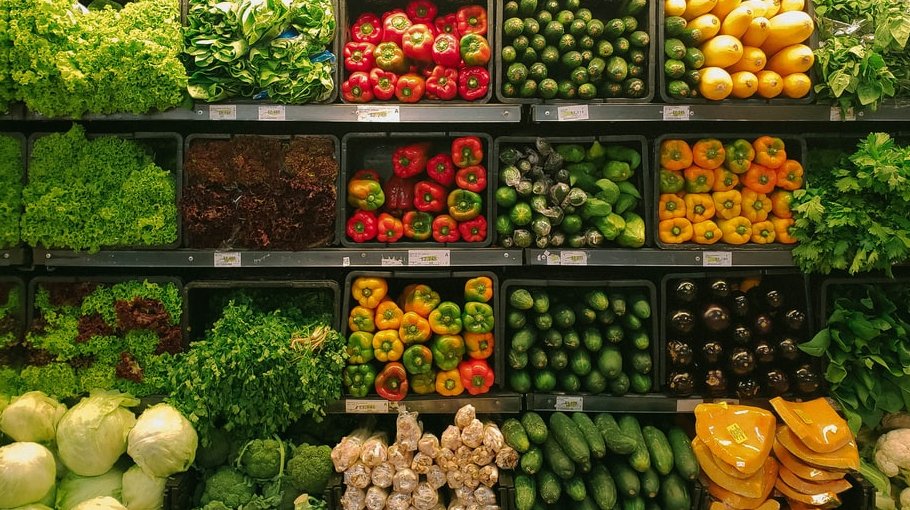Remove middlemen, allow fair prices
Call for better management of marketing crops, vegetables

F ood production has outpaced population growth in Bangladesh. The country is currently third in vegetable production, while fourth in fish production and self-sufficient in poultry eggs and meat production in the world.
Despite the silent revolution in food production, a large number of people in the country could not eat what they preferred while a portion of the urban poor people still go to sleep hungry.
Experts said that the many food prices are beyond the purchasing capacity of many people due to lack of proper marketing system and the negative role of the middlemen. So, the producers don’t get optimum price of their produces, while the consumers are being deprived of access to safe and fresh food at fair prices.
“Food supply chain in our country is very complex due to the involvement of multiple parties. The price goes up a lot at different stages of the supply chain, which causes a loss for both producers and consumers. The hand-change takes place at least 4/5 times. There is no other place in the world where there is such a change of hands. Vegetables and other food items also become unsafe due to excessive change of hands,” said Prof Dr Md Abdul Alim, a member of Bangladesh Food Safety Authority (BFSA).
Dr MA Sattar Mandal, a professor at Agricultural Economics department of Bangladesh Agricultural University (BAU) who is also a former vice-chancellor of BAU; Brigadier General Mohammad Jobaidur Rahman, chief health officer of Dhaka North City Corporation (DNCC); and officials of Food and Agriculture Organization (FAO), Department of Agricultural Extension (DAE), NGOs and several other government body officials also echoed similar voices.
Proper management in marketing and supply system is the solution, said the unanimous voices. “The middlemen are eating up profit of farmers. Proper management is essential. Effective steps should be taken immediately so that the farmers can sell their produces directly to the consumers,” said Brig Gen Jobaidur Rahman.
The farmers in the country must survive for food security. So, they should get more money from the sale of their produces, Dr MA Sattar Mandal.
As middlemen were identified as a major cause for the price hike of the food items, the middleman system should be completely eliminated. The government should take initiative in this regard immediately.
Prof Abdul Alim of BFSA said that the government bodies concerned, including the food ministry and BFSA, are working to limit the influence of middlemen.
Fresh vegetables and other agro-products are sold in local marketplaces at low prices by traditional retailers and hawkers. Later, the products reach beyond the purchasing capacity of many people due to repeated handlings. Many people are currently associated with handling vegetables and other food products.
Brig Gen Jobaidur Rahman said that 30 percent of the land has been lost in the country since 1972, but 70 percent of the land is producing three times more crops, vegetables and fruits. Although the population has not tripled, food production has more than tripled. But 9.5 percent of the urban poor still go to bed hungry or with very little, while many other people still cannot eat what they prefer.
He said that initiatives like the establishment of makeshift farmers’ markets can be taken to ensure supply and demand from production to serving.
Supporting him, Gaous Pearee, director at WBB Trust, said that they along with FAO with the support of the Bangladesh government and the Netherlands government are going to launch ‘Farmers’ Markets’ in Dhaka and other cities aiming to make available fresh farm produces at fair prices. It is a humble beginning that would facilitate farmers. The introduction of such a marketplace in urban areas would be a good source of safe, healthy and fresh food items, she added.
Jainal Abedin, national project coordinator at FAO, said that they are implementing the project to ensure the easy availability of healthy and nutritious food in urban areas.
Bangladesh is an agriculture-based country and plenty of vegetables are produced in the country. Many farmers are currently producing safe food by using the organic method. But they are deprived of fair prices due to the current market system. They fail to go to the proper market due to poor transportation, inadequate storage capacities and poor market infrastructure. These systems need to be developed.
Syed Mahbubul Alam Tahin, secretary at the Center for Law and Policy Affairs (CLPA), said that an adequate supply of safe and healthy food in the markets must be ensured by providing facilities of transportation to farmers so that they can get optimum price and the consumers can get fresh vegetables and other food items.
He, however, said that there are numerous laws regarding food, but no law covers the issue of fresh food. The laws should be amended so that fresh food can be covered and recognized properly.
Talking to Bangladesh Post, Basona Akhter, district livestock officer of Narayanganj, narrated her experience of good output through supplying food items to consumers directly.
She said that their office once arranged for the direct sale of meat on an experimental basis. It was seen that meat was given to the consumers at a much lower price, where there was profit. It indicates that both food items, especially those produced by farmers, will be profitable if sold without interference from the middlemen.
Meanwhile, many people are directly involved in syndicate to increase food price and adulteration of food through mixing chemical and others.
Describing his experiences of running mobile courts, Mutakabbir Ahmed, an executive magistrate and a zonal executive officer of DNCC, said, “We penalize many people for selling food items at high prices. It seems that many of them keep the fines paid in the mobile court to their profit budget.”
He also said that chemical is used in every stage of production, transportation and marketing. He, however, said that contribution of farmers should be evaluated properly.



